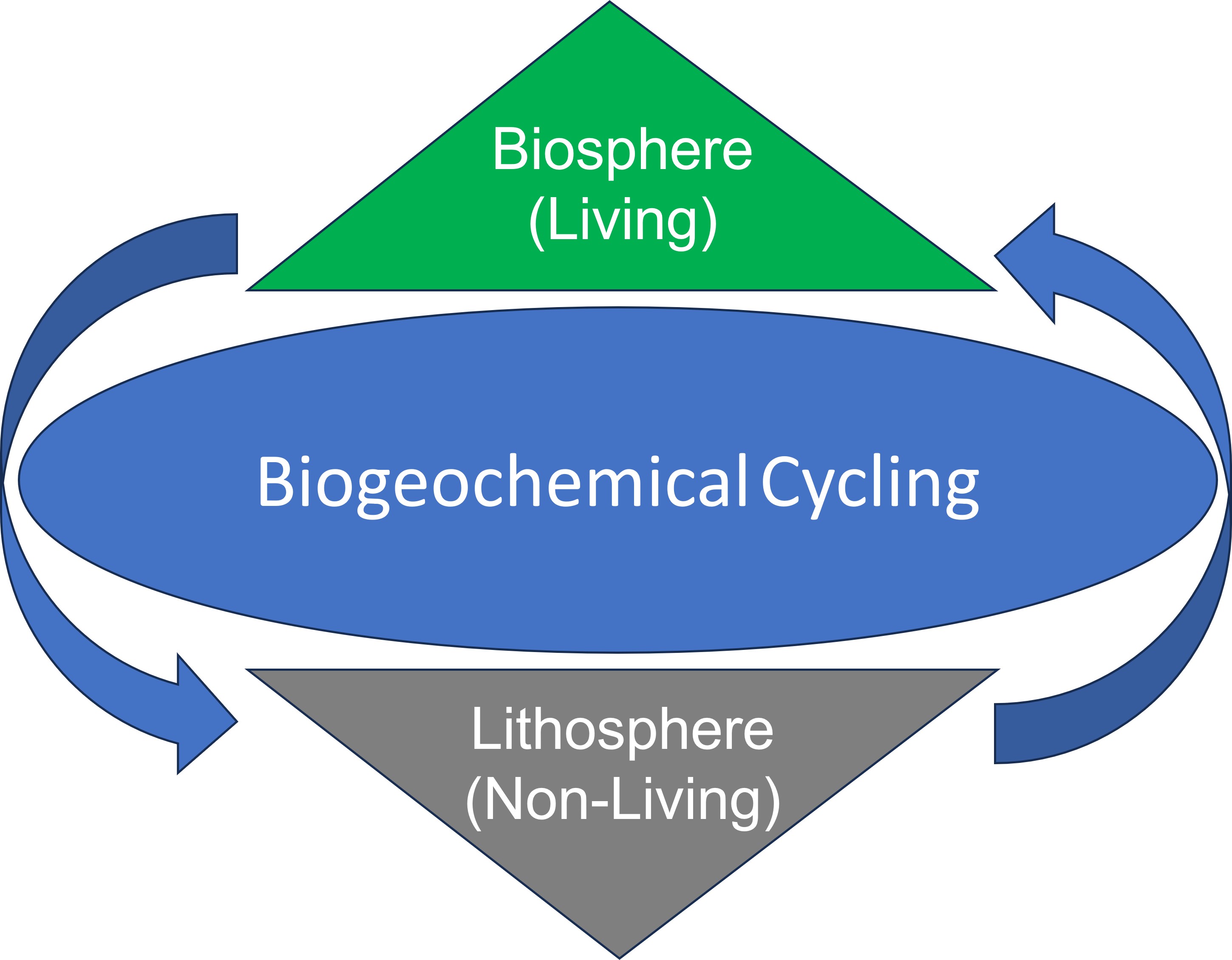Welcome to the WABL
Wetland and Aquatic Biogeochemistry Laboratory

Biogeochemistry is, most simply, the exchange of energy and material between the living and non-living components of our world. This exchange takes place through air, water and the soil. Much of the transformations are controlled by soil microbes, whose activity makes the world liveable for all other organisms, including humans. We conduct fundamental research on biogeochemical processes and applied research on nature-based solutions to combat coastal land loss, improve water quality and decrease expressions of eutrophication.

A WABL Reunion of sorts at the 12th International Symposium on Biogeochemistry of Wetlands, Coral Springs, FL April 2018.
Front row Nia Hurst (M.S. 2016) Dr. Lisa Chambers (M.S. 2008) Dr. Christine VanZomeren (M.S. 2011) Jessica Vaccare (M.S. 2019) Dr. Alina Spera (M.S. 2019) Back Row: Dr. Jacob Berkowitz (Ph.D. 2013) Dr. John White (Ph.D. a long time ago- 1999) Kevin Grace (M.S. 2003) Katie Bowes (M.S. 2018) Dr. Havalend Steinmuller (M.S. 2015)
Our research is focused on Wetland and Aquatic system function. We are housed within the Department of Oceanography & Coastal Sciences in the College of the Coast & Environment at Louisiana State University at an exciting and dynamic confluence of the the Coastal Zone and the Mississippi River.
Our team investigates the biogeochemical cycling of nutrients and contaminants in a range of aquatic systems including freshwater and coastal wetlands, lakes, estuaries and coastal environments. Oxidation-reduction reactions, controlled by microbes in the soil/sediment, coupled with sorption control the fate of many contaminants in the environment. We study these processes in soil, sediments, water and biota over a wide range of scales including laboratory reactors, mesocosms as well as full-scale field sampling efforts. We have access to small boats, airboats and trucks for wetland and estuarine work and access to 2 ocean-going vessels for sampling within the Gulf of Mexico. Coastal ecosystems stretch around the globe as does our collaborations. We have published papers with collaborators from 11 other countries: Australia, Canada, China, Denmark, Egypt, England, Germany, India, South Korea, Mexico, and Spain.
We are always seeking motivated, inquisitive and focused students at the undergraduate and graduate levels to join our team on our journey of discovery! contact us Our collective differences provide a great environment for creative and collaborative research. Whoever you are and wherever you are from, we at the WABL welcome and support everyone! Feel free to look at our publication list and if you see something that interests you, please feel free to contact us and we will be happy to send a PDF.